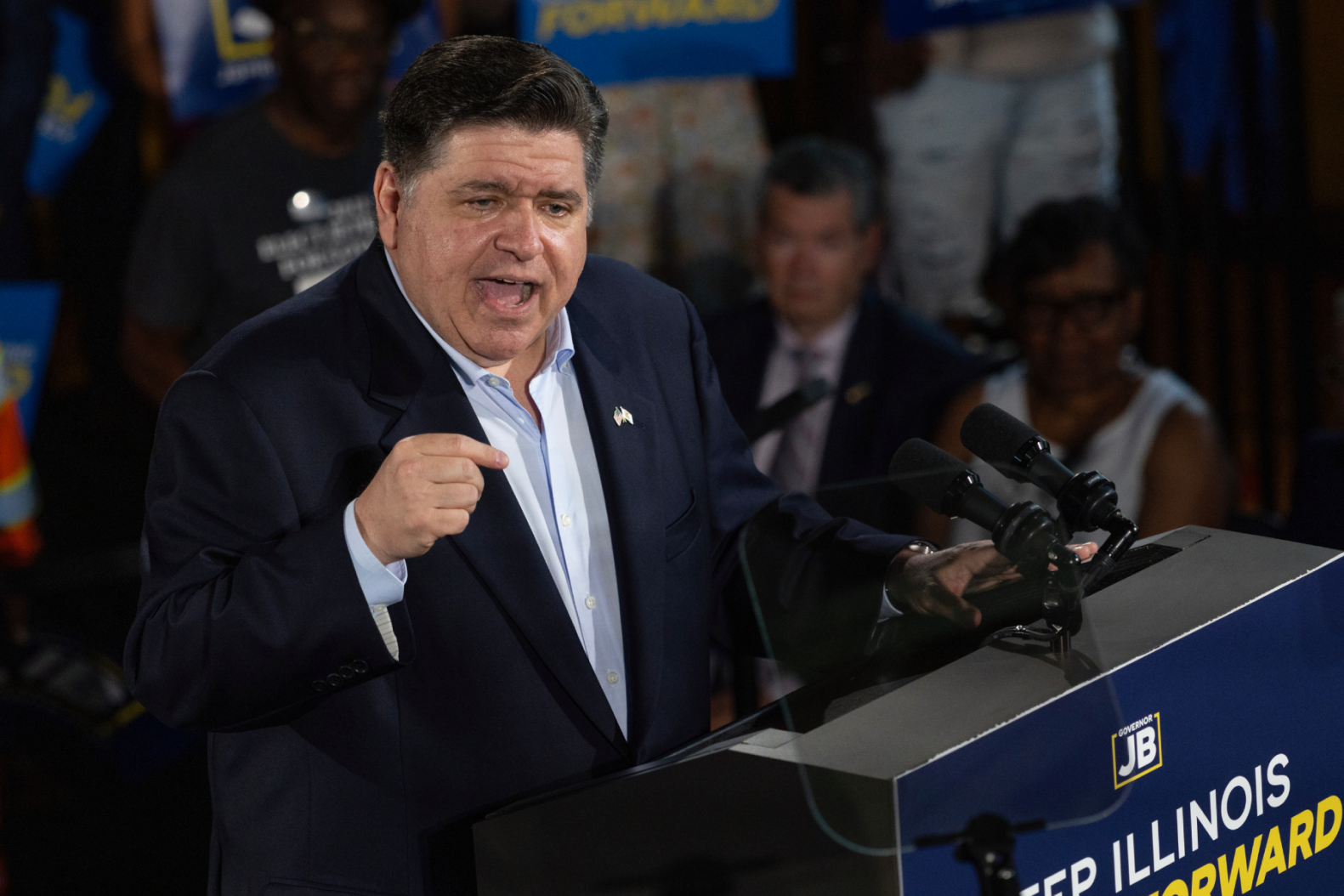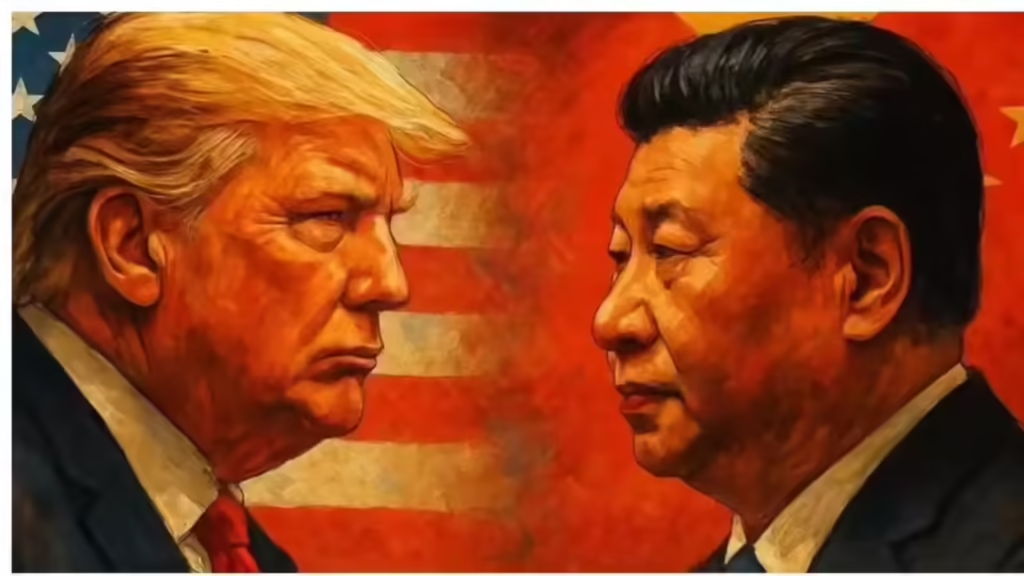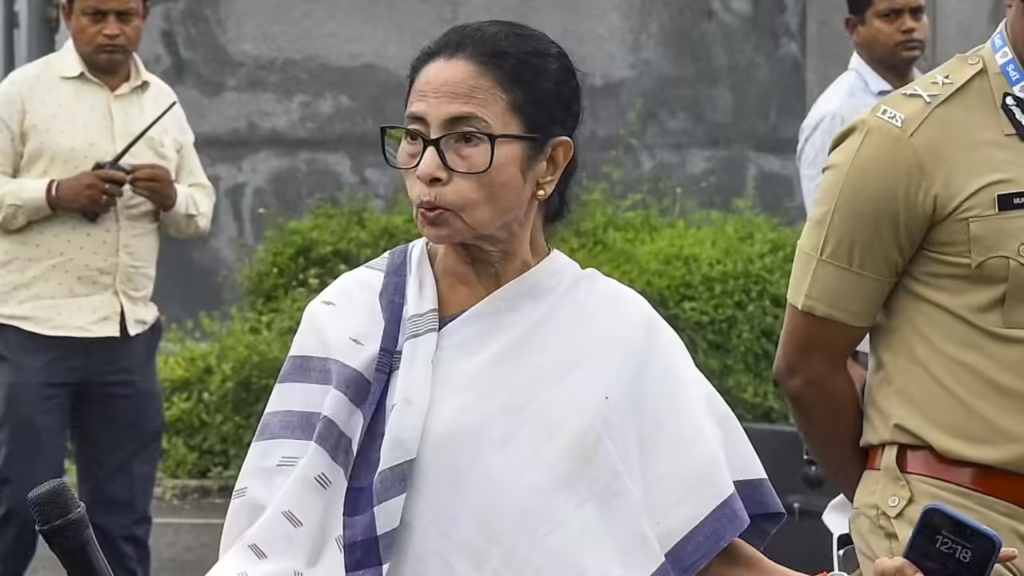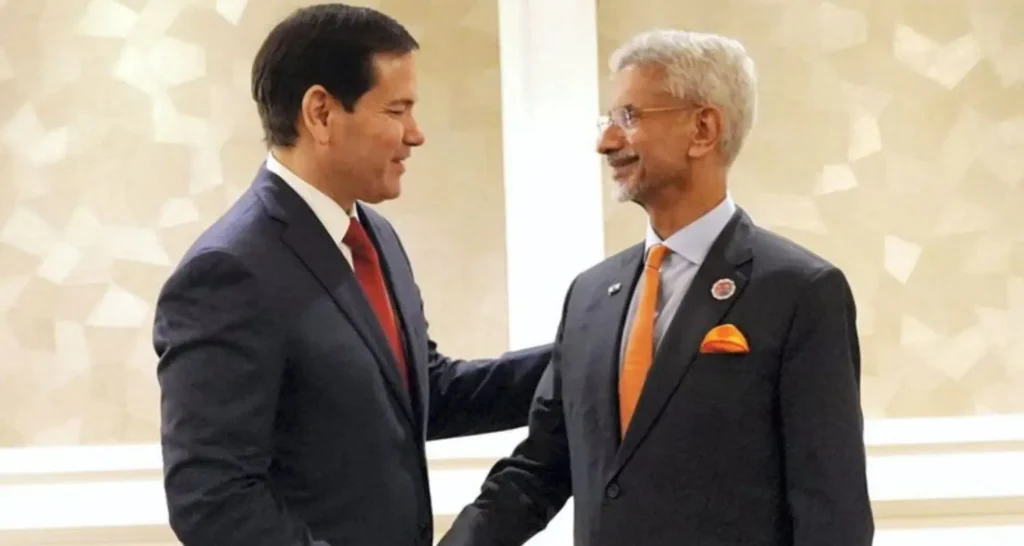Now Reading: Chicago Mayor and Illinois Governor Condemn Trump’s Allegations as “Authoritarian Overreach”
-
01
Chicago Mayor and Illinois Governor Condemn Trump’s Allegations as “Authoritarian Overreach”
Chicago Mayor and Illinois Governor Condemn Trump’s Allegations as “Authoritarian Overreach”

Introduction:
Donald Trump’s recent claim that Chicago authorities tried to have a Black man arrested has drawn sharp criticism from local leaders. Mayor Brandon Johnson and Governor J.B. Pritzker labeled the statement as “full-blown authoritarianism,” highlighting the tension between national political narratives and local law enforcement realities. The controversy underscores the challenges of race, politics, and public trust in law enforcement across U.S. cities.
The Allegation:
Trump claimed that city officials in Chicago acted against a Black individual in a politically motivated manner. The assertion, shared widely on social media, has no substantiated evidence presented publicly and has been met with immediate pushback from local authorities. Officials insist that law enforcement actions are based on legal procedures, not political influence.
Local Response:
Mayor Brandon Johnson responded firmly, stating that the allegation undermines the integrity of Chicago’s police force and the city’s commitment to justice. Governor Pritzker echoed the concern, emphasizing that spreading unverified claims erodes public trust and fosters divisiveness. Both leaders emphasized the importance of adhering to factual reporting rather than politicized narratives.
Political Context:
The confrontation highlights broader tensions between federal-level commentary and state or city governance. Political analysts note that such claims can inflame partisan divides and may influence public perception about law enforcement’s fairness and accountability. In cities like Chicago, with a history of racial disparities in policing, these statements have heightened sensitivity.
Implications for Public Trust:
Experts suggest that unfounded claims can have long-term consequences, including eroding confidence in legal institutions and straining relationships between communities and police. Clear communication, transparency in investigations, and evidence-based reporting are critical to maintaining trust in governance.
Conclusion:
The dispute between former President Trump and Chicago officials reflects the ongoing friction between political rhetoric and administrative reality. While the claim has sparked controversy, city and state leaders remain focused on upholding justice and protecting public confidence, emphasizing that factual accuracy and accountability must guide public discourse.

























